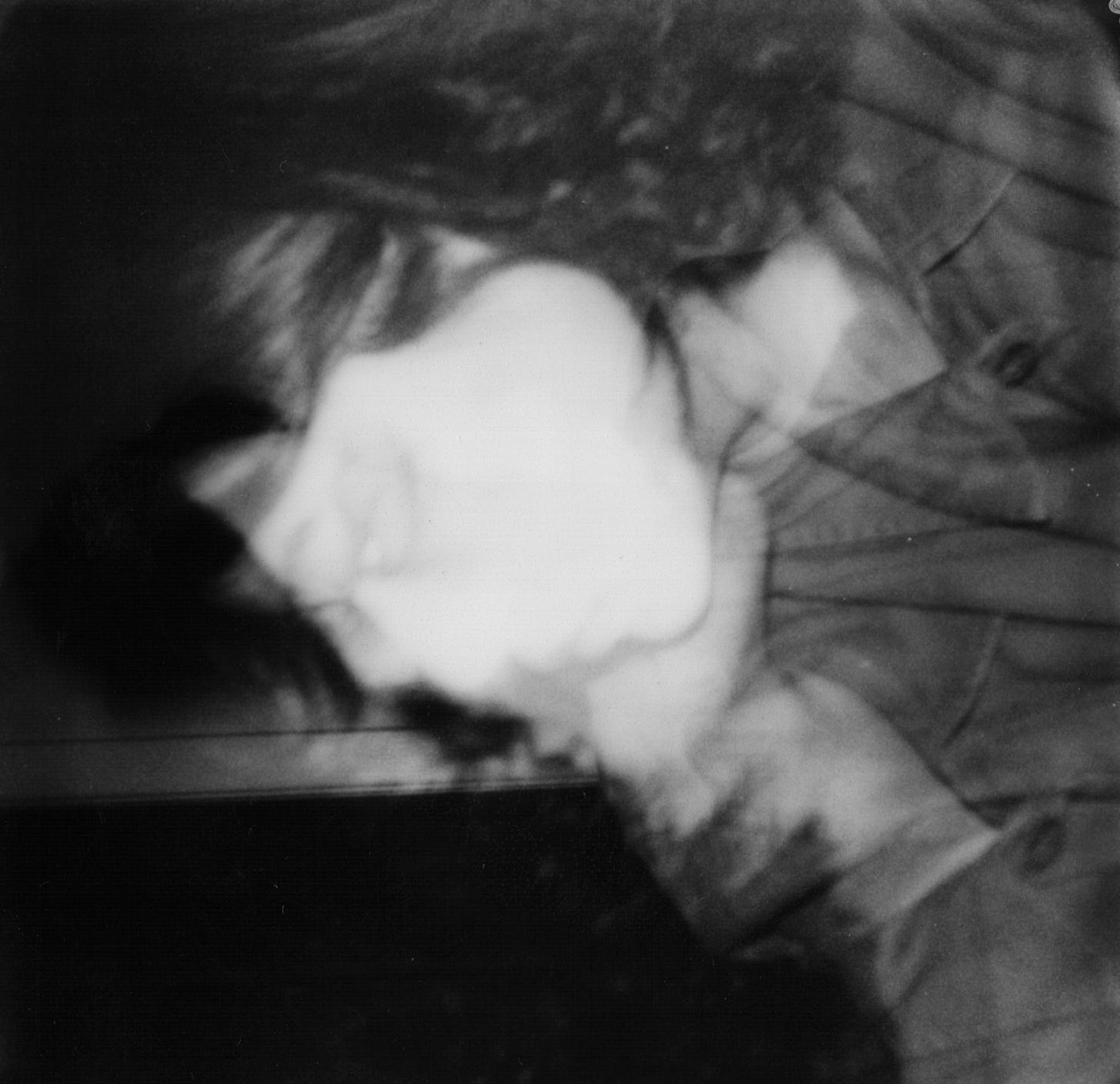wife of salt
an essay on womanhood & myth
There are many vices I never outgrow—among them lies hindsight. I crave the long looks back, the backwards train cars, the turn at the end of a dramatic exit. The wink and the hairflip. The “gotcha” of seeing your face again, and of letting you see mine. An ex of mine used to ask me who I was talking to in the shower because I was practicing last laugh monologues, and I learned that showers aren’t soundproof through a series of shameful confessions to my lover, who found that beneath it all was a brittle, vengeful spite.
I dream of being Lot’s wife, some unnamed woman known solely for her fate. A pillar of salt at every look back. It would be like a failure in exposure therapy, feeling the sting of the fear and then dying at the relief of knowing that, yes, you were right to fear. It did kill you.
Lot’s wife has a different tale in different faiths. In the Christian Bible, she and her husband are told to flee Sodom to escape the Sodomites’ increasing cruelty, unearthed as the happy couple harbored two visiting angels who were in high demand for sexual exploitation. Lot refuses, and offers his daughters. As a reward, God gives the pair a warning, and tells them to flee. Never look back. When Lot’s wife turns, she is turned to a pillar of salt, still standing today by the Dead Sea.
In Judaism, the narrative in Genesis stands, but with a few rationales. One tells of her punishment as vindication for a longing look she gives to a life she still wanted to live, of sodomy. Another tells of her saltification being the result of her dim-wittedness, how the neighbors heard of the angels’ stay after she asked to borrow salt. In another, she simply looks back to see if her daughters follow her.
I then immediately think of Orpheus and Eurydice, how on his long journey up from Hell, Orpheus is told to guide Eurydice on blind faith and, when she stops responding, he turns to look back at her to see if she still remains on the path towards their freedom. In doing so, he loses his deal with Hades, and Eurydice must stay in the underworld, watching her lover ascend back to a loveless life.
In this, Eurydice pays for Orpheus’s sin. In Genesis, the daughters left behind pay for their father’s subjects. Lot’s wife has one limb of agency, and she grips it tightly. She digs her heels in, and she stays.
In both stories, the women are the ones caught in between wreckage and hope. The women are the ones who look lovingly at their husband’s backs as they walk to a future that they cannot reach—Lot’s wife, in particular, falling for hindsight’s vicious whisper. Lot’s wife looks back, and in every reading, it is a conscious decision. She knows that she cannot go forward if she looks back, and yet she does it, and stays where she stands. She would rather be caught with her whole might ten feet away from the disaster, just far enough away from the Sodomites’ reach, but never with the man who would give her daughters away. The man who wouldn’t ask the neighbors for salt and left her to do his bidding. The man who turned his people into rapists. She’d rather be dying, dead, still, forever.
I tell the page all this one night when freshly sweating from the thrill of thought, only to find that it’s been said a million times over. Take Kurt Vonnegut, take the musical Caroline, or Change. There’s a twist each time, a moment of freedom between the decision and the curse, where both authors revel in the distance between cerebral and physical. Between pure thought and pure consequence.
I say this to Daniel in the hours of the night where you can be so viscerally loud. Our brains are punching bags that we can swing at each other in the same way we did with our laughter as we sorted out the sheets before bed. It’ll be gone come morning, but for now, we can lift the heavyweights of our aching, teary thoughts into our very own pillars of salt.
xo
giovanna



